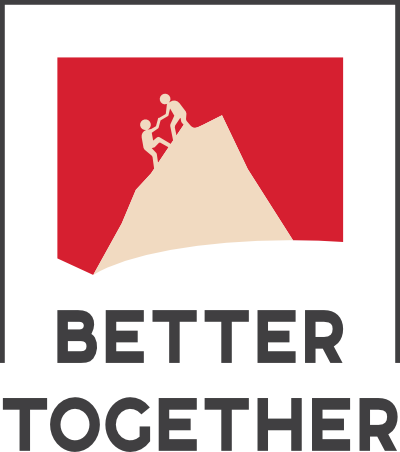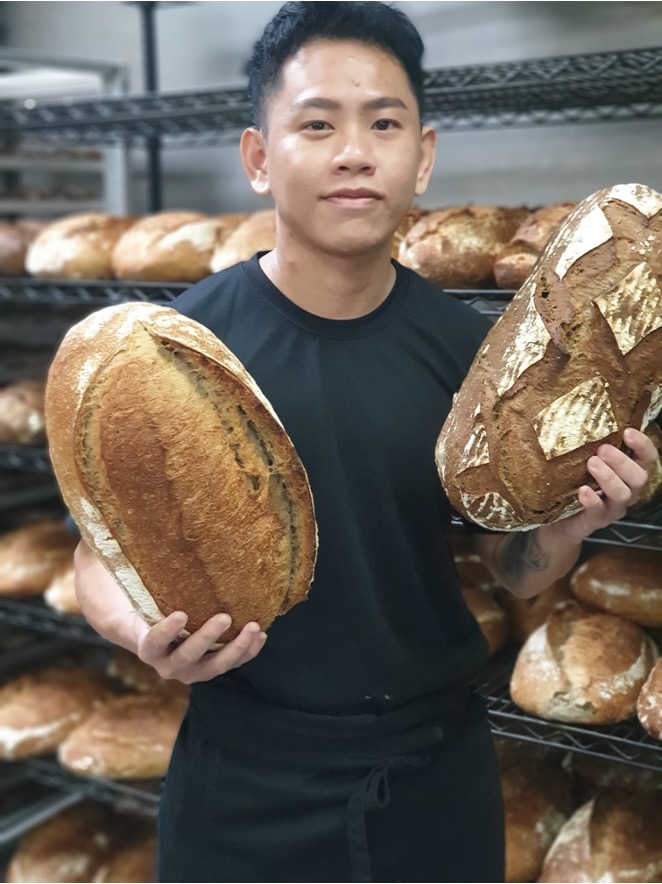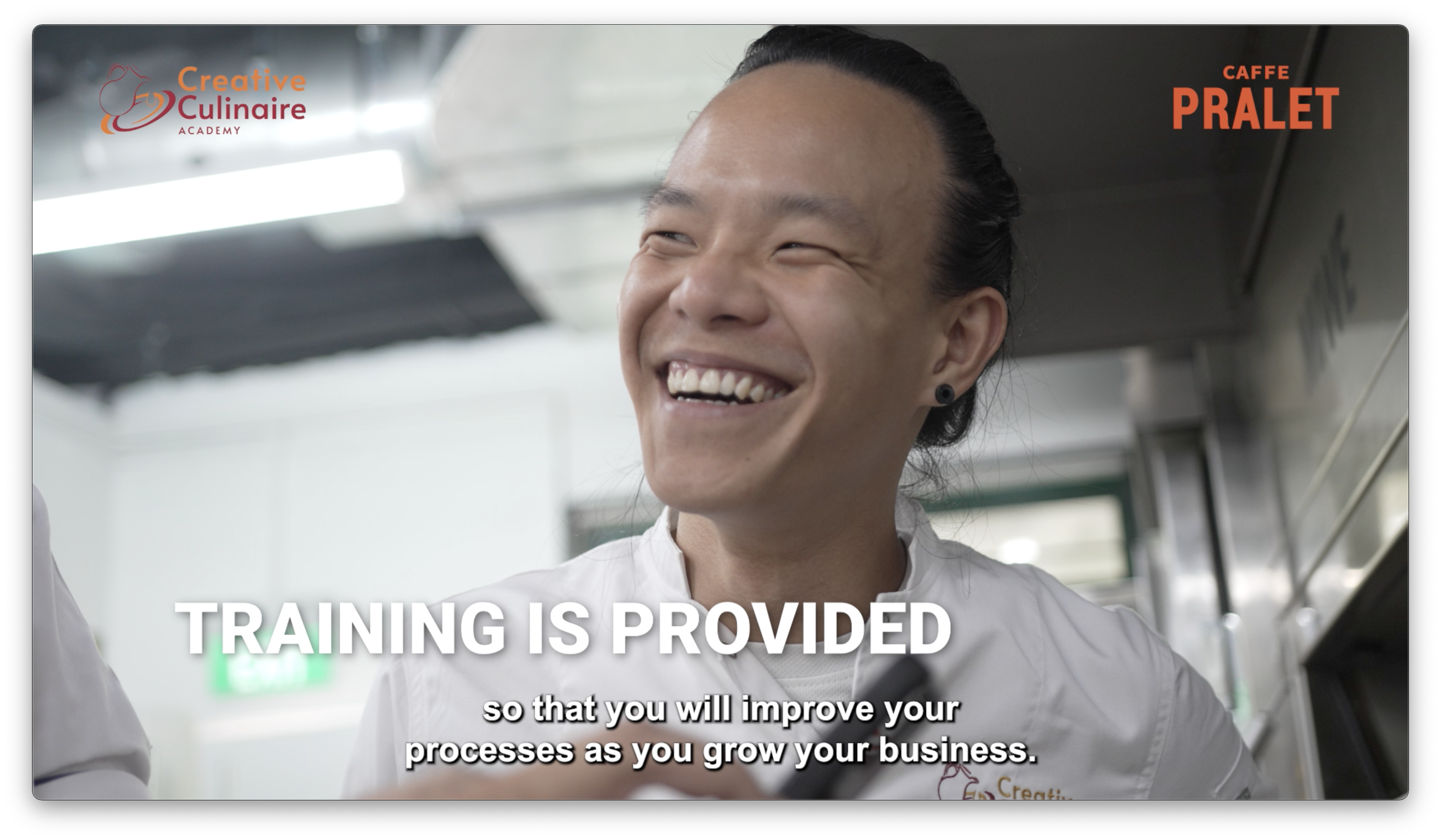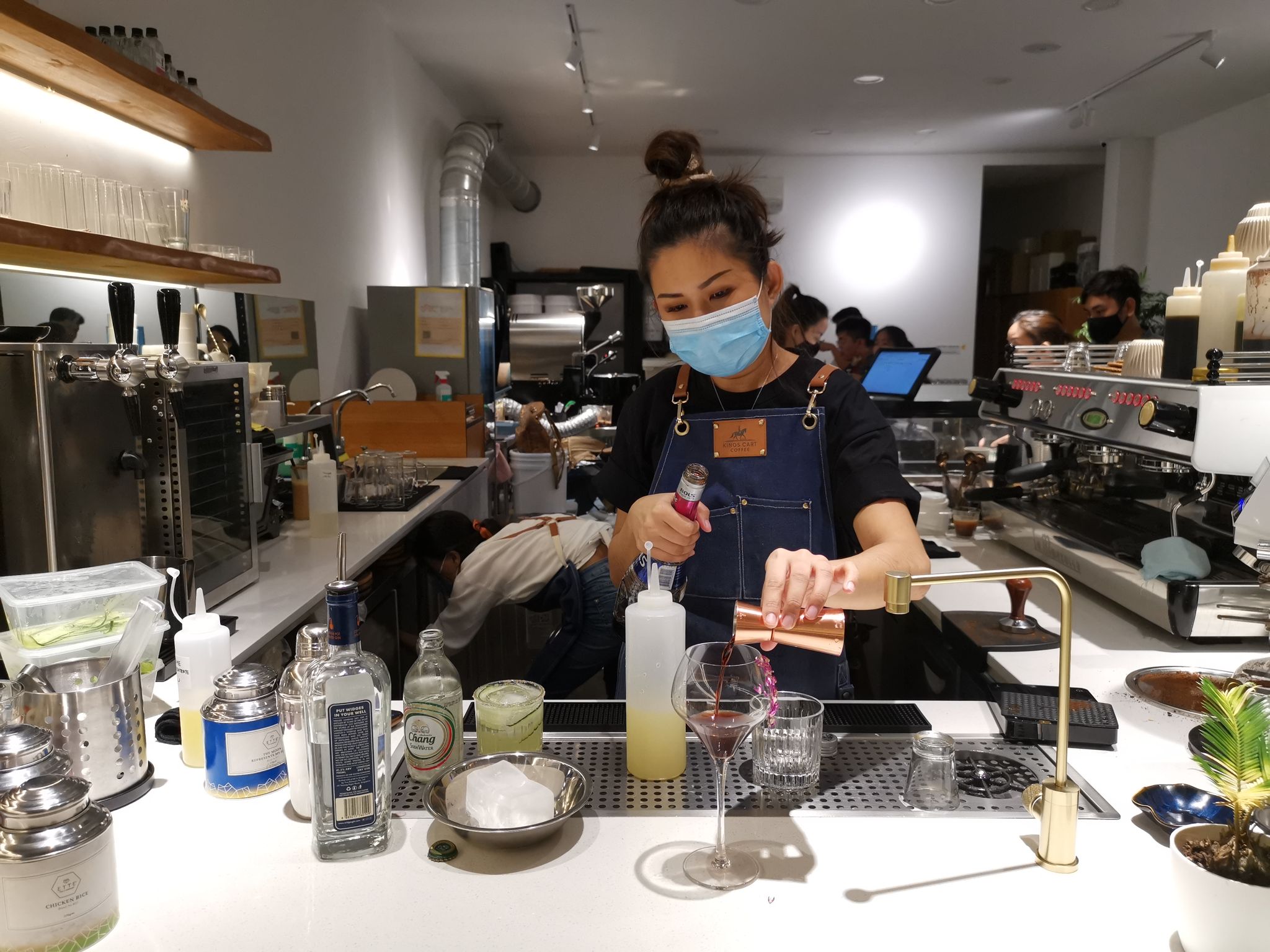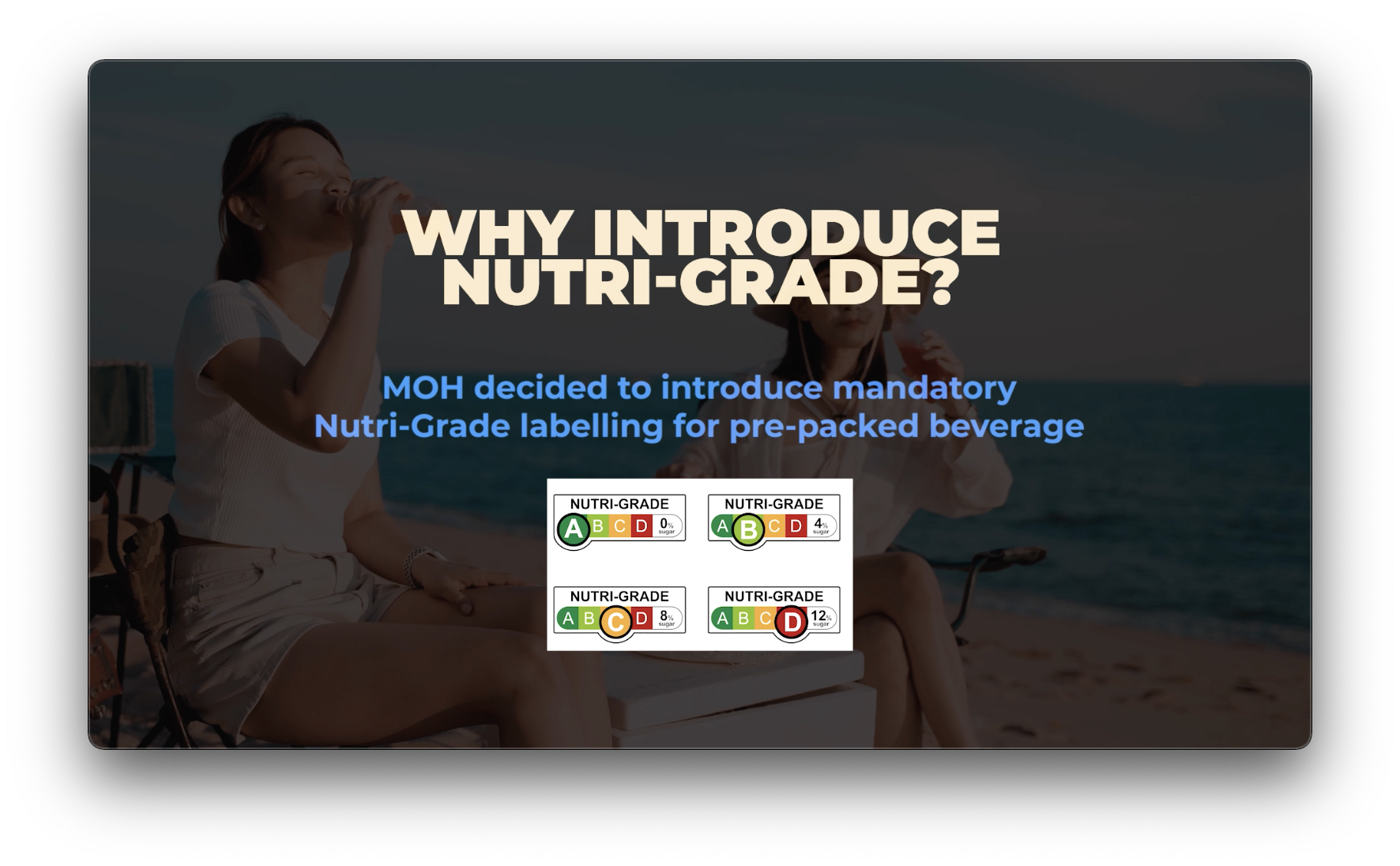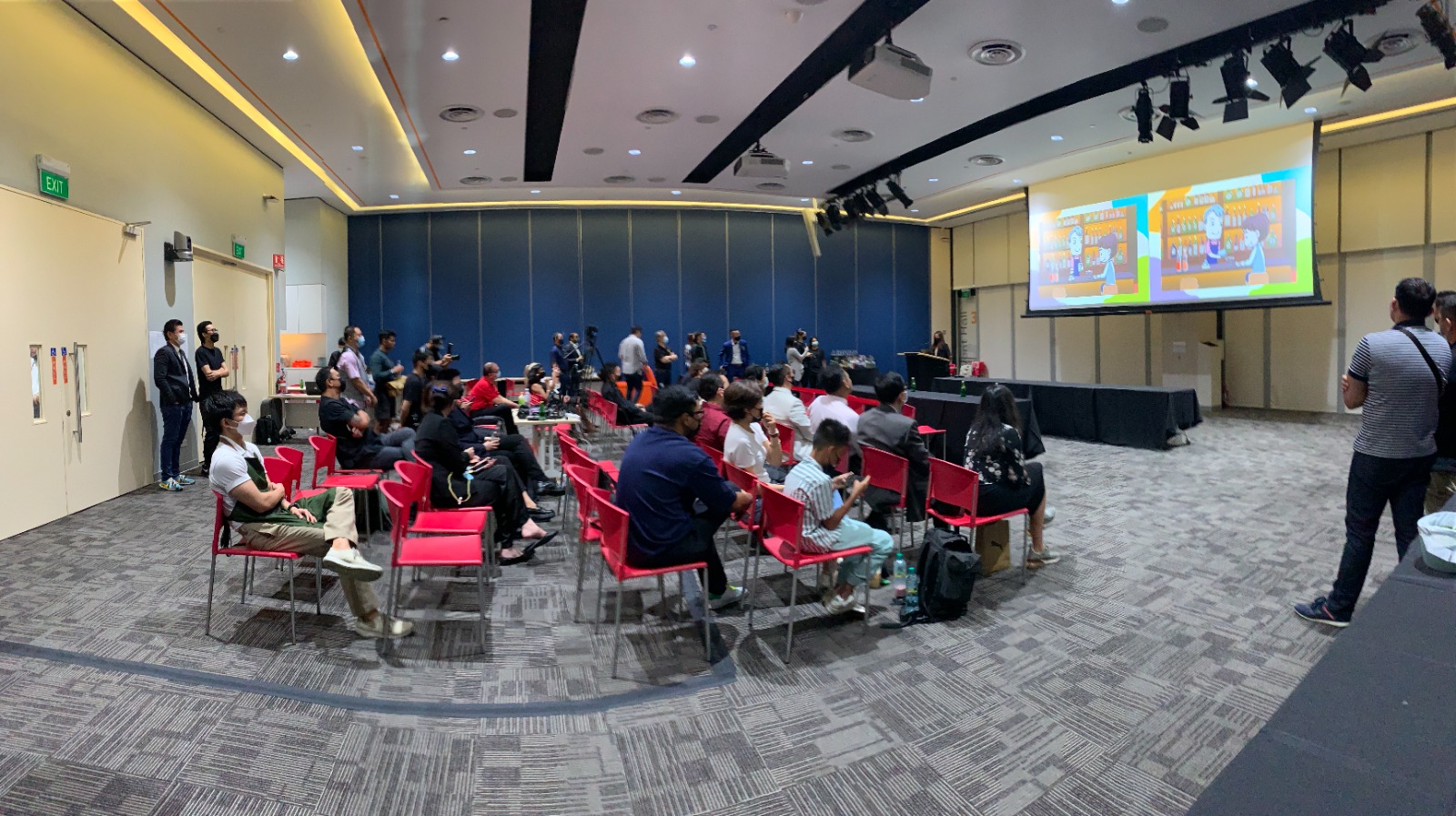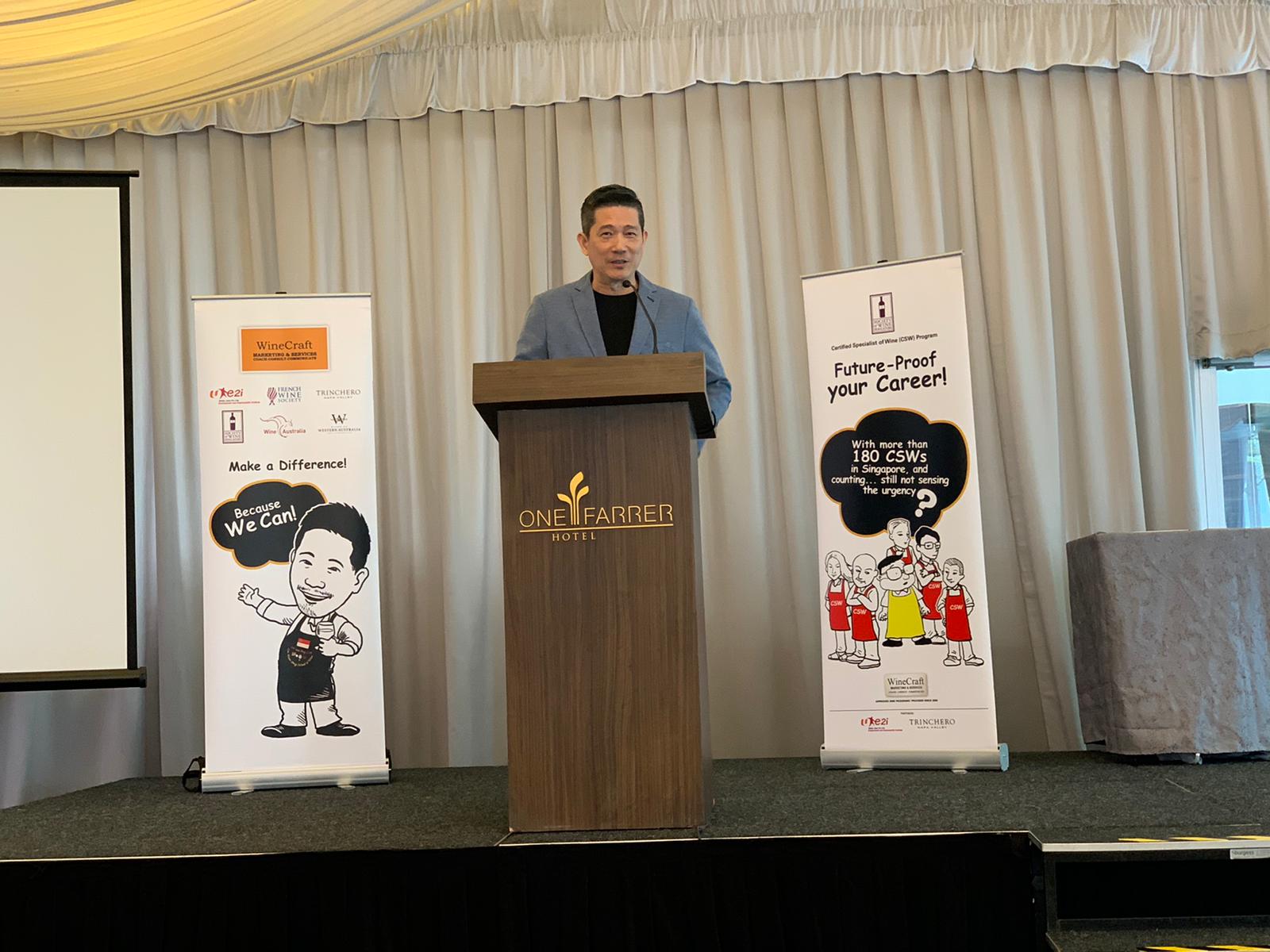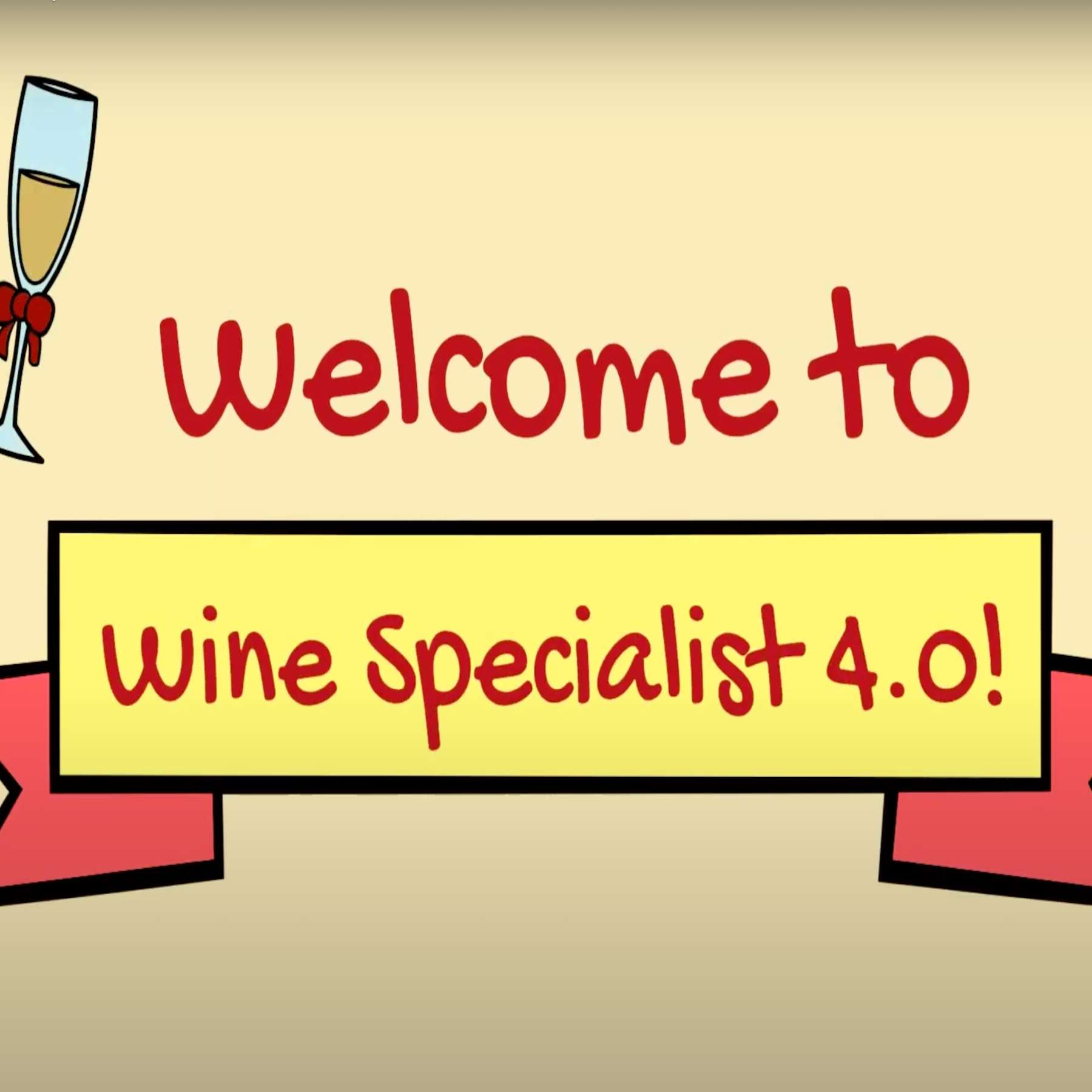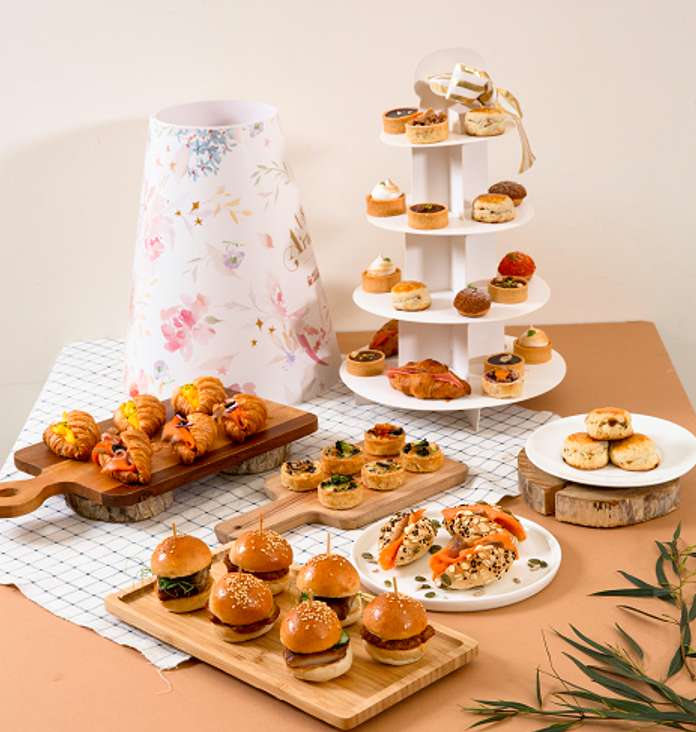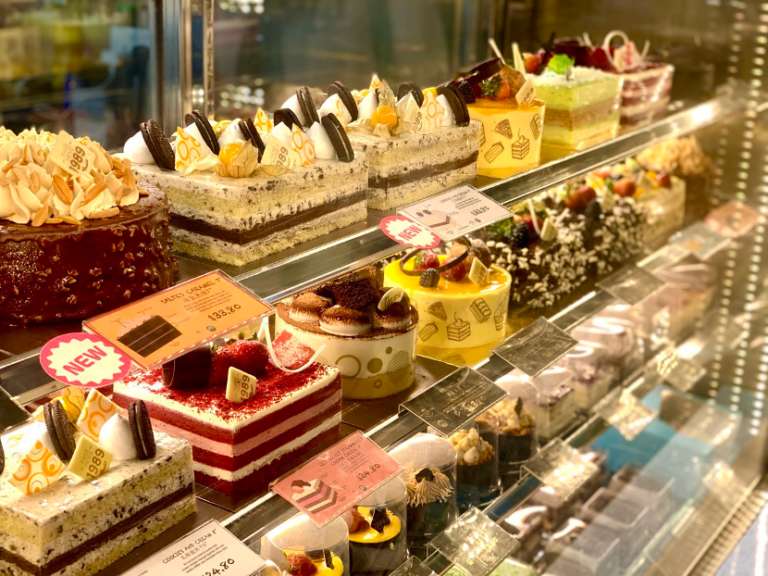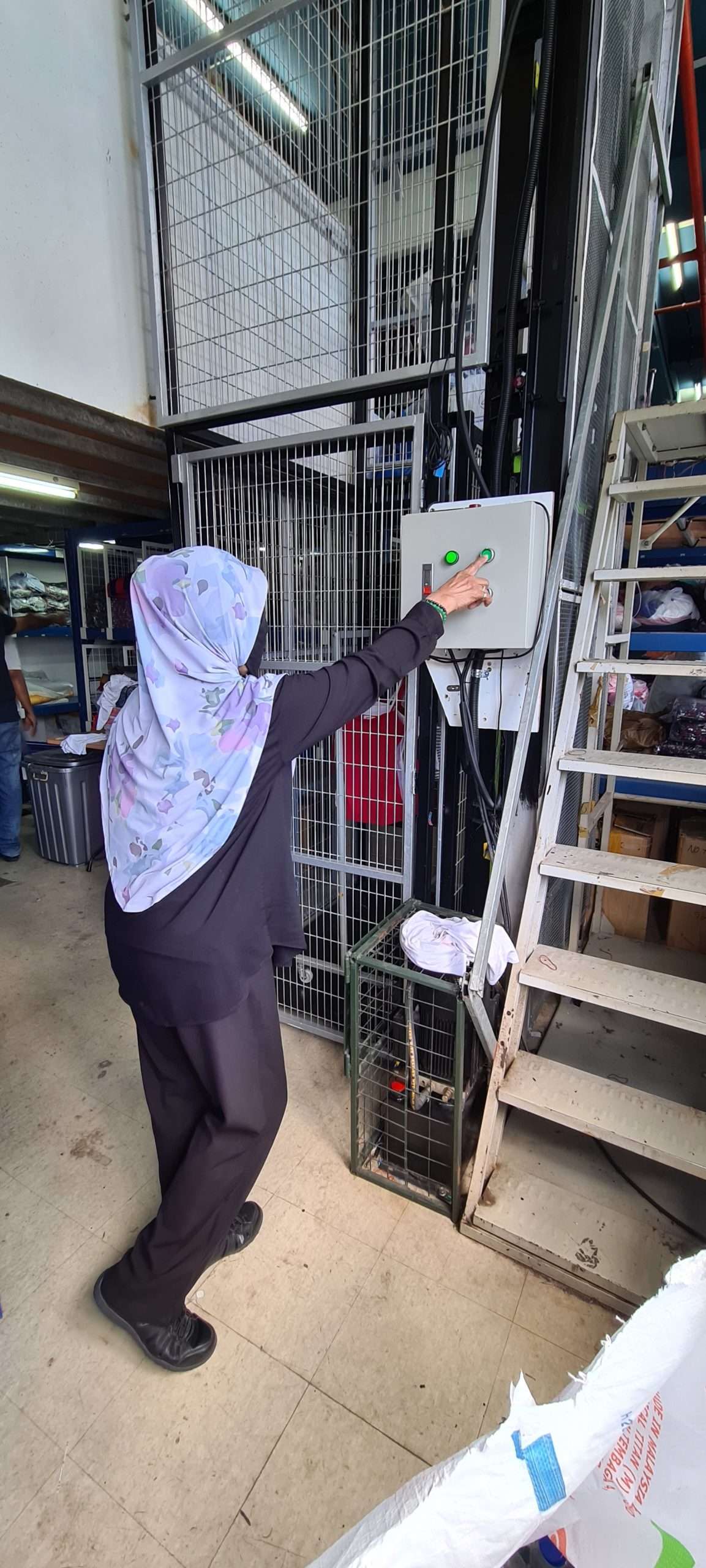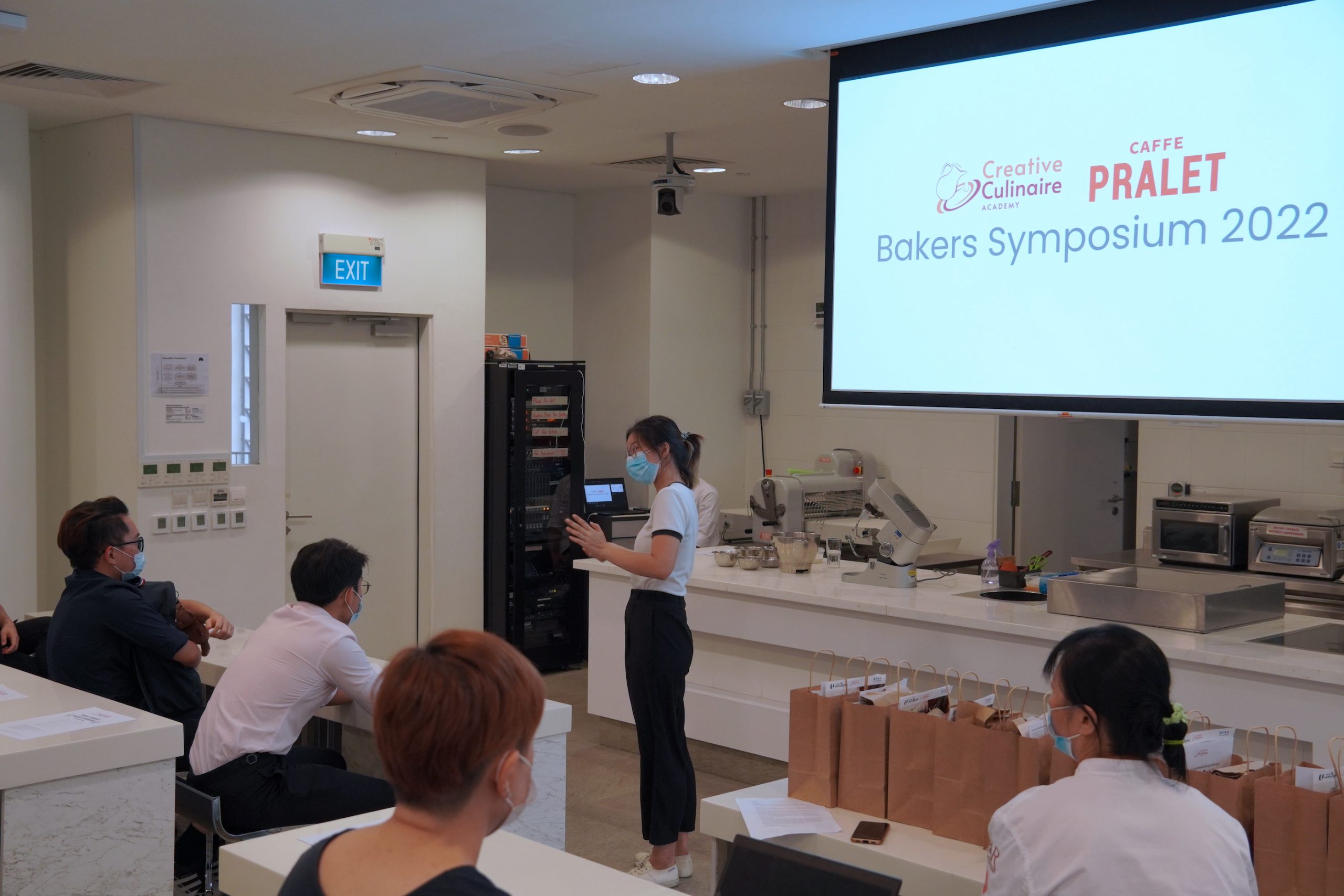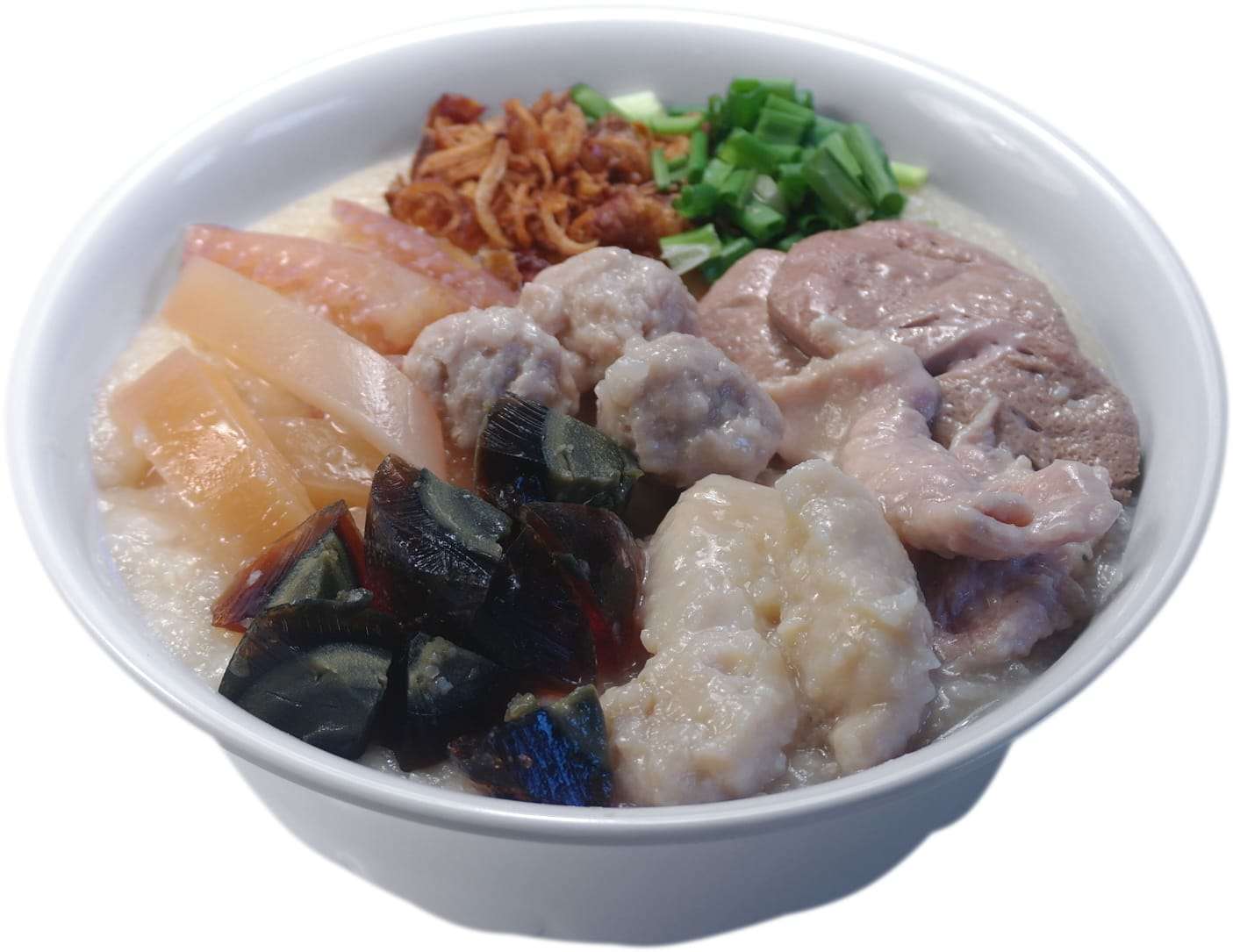How do you design your own Wine Specialist 4.0 journey when there are so many options out in the market? Hoe Ziqian, an aspiring wine specialist, weighs in on the possibilities.
The work of a wine specialist is as much as a science as it is an art form. It is no coincidence that the Wine Specialist 4.0 initiative is designed to equip aspiring wine specialists with a wide repertoire of skill sets, ranging from:
- Adaptive Skills: The ability to navigate and influence change and solve complex problems
- Technological Skills: Acquiring knowledge and mastery of digital systems and programmes
- Technical Skills: Acquiring job-specific knowledge and skills
Everyone’s wine journey is likely to have varying starting points, so it would be unrealistic to expect a packaged, cookie-cutter styled approach when it comes to designing the Wine Specialist 4.0 initiative. Instead, the focus is on aspiring wine specialists to pick from the various activities within the guiding principles of the Adaptive, Technological or Technical skill pillars, so that they can bridge any skill gaps that they might be struggling with.
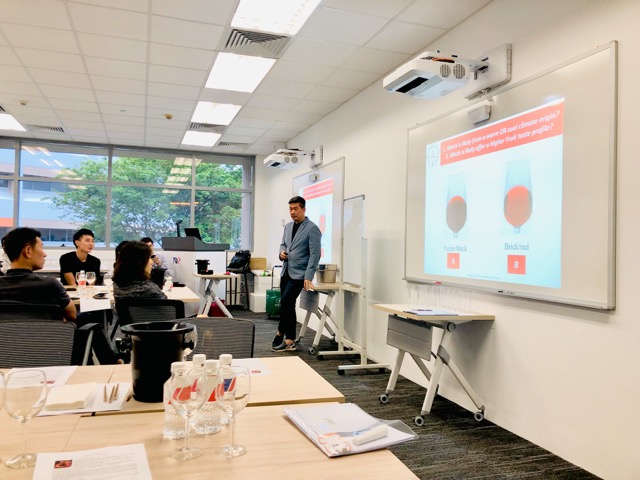
For individuals who have a passion for wine but find themselves lacking the technical know-how, the logical place to start would be a foundation class like the Certificate in Wine Studies (CWS) program conducted by eminent wine educator Lim Hwee Peng. After the broad-based approach of the CWS program, you may decide to specialise in a particular wine region. If the big and bold Cabernet-based wines of Bordeaux’s Left Bank tickle your fancy, you would likely opt for a specialised program like the French Wine Scholar (FWS). A course like the FWS would most certainly equip you with the in-depth knowledge of every major wine region in France and challenge your understanding of the basics of viticulture and vinification. Navigating the rigours of the FWS would also help deepen the appreciation of French culture and heritage, which in the context of wine, hold as much weight as a sound technical foundation.
Although the tasting sessions in most wine courses go a long way in helping to reinforce the appreciation of wines, nothing beats being in the thick of the action, especially during harvest season. Think about it, talking to your customers about the soil type of a particular vineyard adds a nice touch in delivering that complete wine experience, but imagine the added impact if you once had that soil under your fingernails. Nothing beats a hands-on experience, and it is no different for wine. This is why aspiring wine specialists should consider signing up for harvest internships to help them develop that nuanced understanding of the entire winemaking processes and through that experience, develop a deeper appreciation for the level of work and labour of love that goes into making wine.
For wine specialists looking to focus on the retail of wine, the alternative to the harvest internship could be a cellar door internship. Making the best wines but not knowing how to sell them would certainly not do the wines any justice. A cellar door internship would allow a wine novice to shadow a seasoned wine maker and nurture the soft skill of wine salesmanship. This is where the line between art and science is blurred, but perhaps that ambiguity is a result of the perfect marriage of technical prowess as well as an unparalleled appreciation of wine itself. To the aspiring wine specialist, hopefully the result is greater than the sum of its parts.
If you are not one for getting your hands dirty, visits to prominent wine regions may be a good substitute. A graduate of FWS visiting the fields of Burgundy with his newly acquired knowledge of Pinot Noir adds a new dimension to the whole learning experience. If the textbook is the equivalent of Vin De Pays, a visit to a renowned wine region would almost certainly qualify as a Grand Cru.
After dusting the soil off your boots, you might be in the mood for a different kind of challenge, especially if you are looking to become a wine buyer. The Advanced Wine Assessment Course (AWAC) puts its participants through a gruelling and intensive program of wine sensory education and assessment, with the aim of preparing potential new wine show judges and develop the sensory analysis capabilities and vocabulary of wine professionals. While the main purpose of the training is to prepare you as an up-and-coming wine judge, the intense application of knowledge can do you no harm as a discerning wine buyer.
For the truly adventurous, you can push on from your AWAC experience to venture straight to the colosseum of wine, through exposure to international wine competitions. Under the intense spotlight of competition, you would inevitably be exposed to the rigours of technical wine judging and hopefully you walk away wiser having seen how things are run behind-the-scenes. This is probably not for everybody but for wine specialists who are already near the top of their game, this would no doubt help take things to the next level.
Learning is a very personal journey; your mileage will most likely vary, simply because we are all at varying milestones of our journey to becoming a wine specialist. Whist the options above are just examples of the various activities awaiting you in the Wine Specialist 4.0 program, there is really no one-size-fits-all solution. We would strongly encourage you to find the right match based on where you are today. With the right guidance and a combination of dedication and perseverance (and some would say, love), your Wine Specialist 4.0 journey can turn out to be an immensely rewarding one.
ABOUT THE WRITER
Hoe Ziqian is your typical accounting professional who spends his day working with systems and numbers. When the stresses at work gets the better of him, he counts on the calming influence of wine to find some inner peace. Like many wine enthusiasts, he tries to improve his knowledge of wine by learning from the best. He was last seen trying to swirl two glasses of wine concurrently in the Certified Specialist of Wine (CSW) program conducted by his mentor Lim Hwee Peng.
